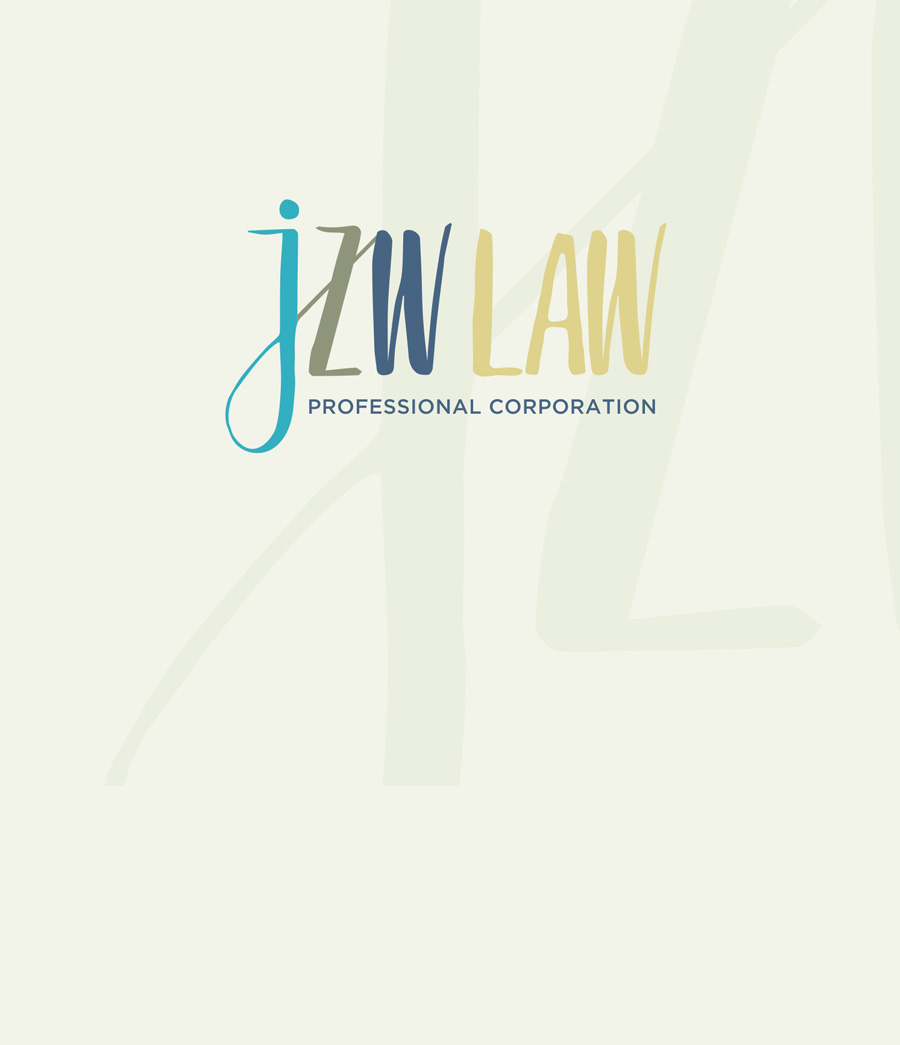
Common Misconceptions About Divorce in Toronto: What You Think Is “Common Sense” May Cause You Significant Losses (Q&A)
Divorce is undoubtedly one of the most challenging turning points in life. During this process, emotional fluctuations and conflicting information often lead people to rely on friends’ advice or online “common sense” to make decisions. However, in Ontario’s complex family law system, these “common sense” advice often turn out to be costly misconceptions.
As a Toronto-based family law firm, JZW Law encounters clients daily who find themselves in trouble due to misconceptions. Today, we’ll use a Q&A format to reveal some of the most common divorce myths, helping you make the right judgments at crucial moments.
Myth 1: "My partner cheated on me, so I'm sure I'll get more of the assets and leave him/her with nothing!"
Q: My spouse had an affair, which was the direct cause of our divorce. In court, wouldn’t this be strong evidence to secure a larger share of the assets?
A: That’s not the case. Ontario operates on a “no-fault” divorce system. This means that when dealing with property division (i.e., “equalization of family net worth”), the court typically does not consider the cause of the marital breakdown, such as adultery or misconduct.
- The core of property division is “equality”: the law focuses on how assets and debts accumulated during the marriage should be fairly distributed, rather than punishing the offending party. Whether your spouse has been unfaithful is not directly related to how you should divide real estate, investments, and retirement funds.
- Exceptions: Only in extreme circumstances, such as when one party maliciously squanders, conceals, or illegally disposes of family property, can their actions affect the final property division outcome.
JZW Law reminds you: Don’t confuse emotions with finances. Our lawyers will help you strip away emotional distractions, focus on the legal facts, and ensure your property rights receive maximum legal protection.
Myth 2: "We are in a common law relationship and have been together for many years, so our assets should be split in half when we break up."
Q: We haven’t registered our marriage, but we’ve been living together like a married couple for over five years. Now that we’re breaking up, can I demand an equal share of all the assets, just like a married couple?
A: This is an extremely dangerous misunderstanding! In Ontario, common-law partners and married couples have completely different rights regarding the division of property.
- Married couples: The principle of “equalization of family net assets” in the Family Law applies, which means that the increase in the value of property during the marriage is divided equally.
- Cohabiting partners: There is no automatic right to an equal division of property. Property ownership is, in principle, “whoever’s name is on the deed owns it.” If you want a share of property (such as real estate) registered in your partner’s name, you must go through complex legal procedures, such as proving your contribution to the asset and claiming “unjust enrichment” or a “trust,” which is legally very difficult and costly.
JZW Law reminds you: If you are in a cohabitation relationship, especially if you are the financially disadvantaged party, a clear Cohabitation Agreement is the only effective tool to protect your rights. If you are facing a breakdown in your cohabitation relationship, please consult a lawyer immediately to understand your limited but crucial recourse rights.
Myth 3: "To save money, we can hire the same lawyer, or simply find a template online and sign it ourselves."
Q: We want to part ways amicably and don’t want to spend too much on legal fees. Can we share a lawyer? Or, would it be valid if we drafted and signed our own agreement?
A: Both of these approaches could render your agreement worthless in the future.
- Sharing a lawyer creates a “conflict of interest”: it’s impossible for one lawyer to simultaneously and fully represent two people with opposing interests. To ensure the fairness and legal validity of the agreement, both parties must obtain independent legal advice (ILA). This means you have your lawyer, and the other party has theirs.
- Online templates pose significant risks: they cannot cover your unique family financial situation, such as complex pension divisions, tax implications, and company equity. A flawed agreement can easily be overturned years later by one party on grounds such as “lack of legal knowledge at the time of signing” or “unfair content,” leading to more costly legal proceedings.
JZW Law reminds you: Hiring a professional lawyer to draft or review a separation agreement is the wisest “investment” you can make for your future. This cost is negligible compared to potential future litigation costs and financial losses.
Myth 4: "As long as we both agree, we can be exempted from child support payments."
Q: My ex and I have reached an agreement: to maintain a harmonious relationship, I will waive my right to child support, and in exchange, he/she will agree to my other requests. Is this acceptable?
A: Absolutely not. Under Canadian law, child support is a right of the child, not the parents. Neither parent can “trade” or “waive” this right through an agreement.
- Child support calculations must strictly follow the Federal Child Support Guidelines, which are primarily based on the payer’s income and the number of children.
- Any child support agreement that falls below the legal minimum is at risk of being rejected and amended by the court at any time. The court can even order retroactive payments for years of discrepancies, which can be a huge financial burden.
JZW Law reminds you: There is no “gray area” when it comes to child support. We will accurately calculate the statutory child support amount for you, ensuring the agreement is legal and compliant, protecting your child’s rights, and avoiding future legal risks.
Don't let flawed perceptions determine the next chapter of your life.
Divorce is a legal process, not simply a “breakup.” Every decision can have a profound impact on your future financial security, parent-child relationships, and quality of life.
At JZW Law Firm, we understand the pressures and confusion you face. Our responsibility is to use our professional knowledge and extensive experience to dispel the fog and provide clear guidance.
- We tailor strategies to your needs, not just use templates.
- We will defend every legal right you have, whether it be property, pension, or child support.
- We are committed to resolving issues efficiently and peacefully, keeping you away from time-consuming and exhausting court proceedings as much as possible.
- We are your strong support throughout the entire process, listening with empathy and providing professional answers.
Take the first step to protect yourself now.
Contact JZW Law to schedule a fully confidential initial consultation so we can assess your situation and advise you on the best way to protect your rights.
JZW Law Firm boasts a team of experienced lawyers fluent in both Chinese and English, providing professional legal services. We specialize in handling complex issues related to property division, corporate equity, trusts, and overseas assets. We offer initial consultations; please contact us for more information or to schedule a consultation.
最新文章
标签





